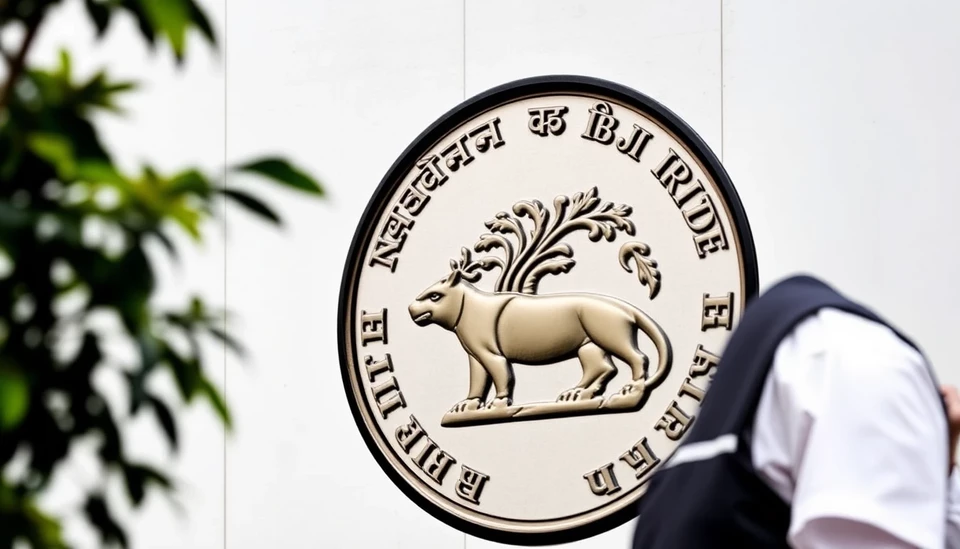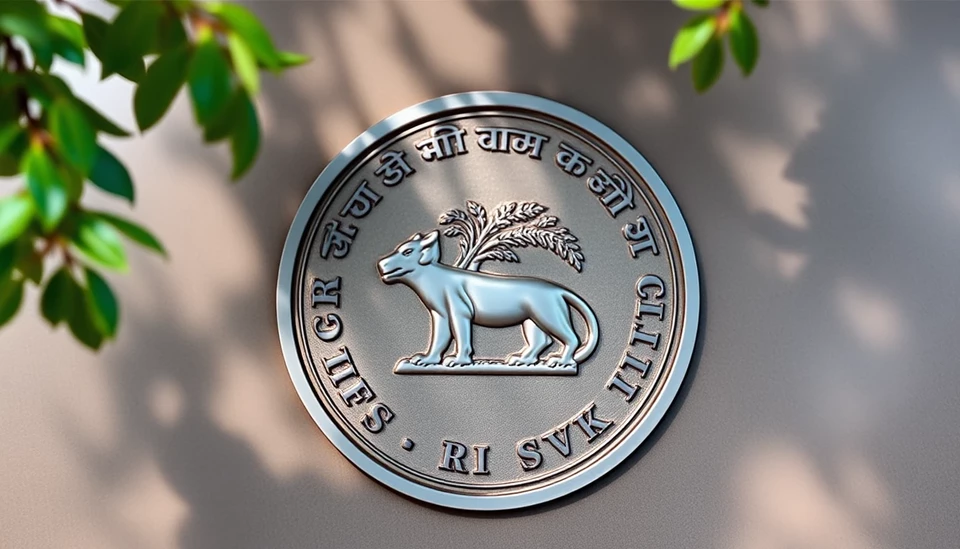
In a significant move aimed at stimulating economic activity, the Reserve Bank of India (RBI) has announced a reduction in interest rates, a decision that comes in response to mounting concerns about growth amidst the implementation of new tariffs. The monetary policy committee convened and unanimously agreed to lower the key repo rate, a move designed to boost lending and encourage consumer spending.
The RBI's actions are particularly noteworthy given the backdrop of rising inflationary pressures and the central bank's commitment to maintaining price stability while fostering economic growth. The new tariff measures, which were introduced to protect domestic industries, have sparked fears that they may hinder economic momentum, leading to this proactive intervention by the RBI.
Experts had anticipated this rate cut as a way to counterbalance potential adverse effects from the newly imposed tariffs, which could increase the cost of imports and subsequently impact consumer prices. By reducing borrowing costs, the RBI aims to sustain financial liquidity in the economy and help businesses mitigate any financial strain caused by the tariffs.
This decision marks a pivotal moment for India's economic strategy as it seeks to rebound from previous slowdowns. Many analysts believe that lower interest rates will encourage investment in infrastructure and industries that are vital for sustained growth. They argue that a proactive stance from the RBI can soften the impact of external shocks and provide a more stable economic environment for expansion.
Despite the anticipated benefits of this rate cut, there remains skepticism regarding the effectiveness of such measures in the current global economic landscape. Some economists caution that unless accompanied by structural reforms, merely lowering rates may not be sufficient to invigorate growth or increase consumer confidence in the long run.
As the RBI navigates these challenges, it remains to be seen how the financial markets will react and whether this strategic rate cut will effectively stimulate demand and reduce the economic fallout from the newly imposed tariffs. Stakeholders in various sectors are keenly observing the RBI's next moves, hoping for further supportive policies that can bolster economic resilience.
In conclusion, the Reserve Bank of India's recent decision to cut interest rates is a calculated response aimed at countering potential economic headwinds. With the implementation of new tariffs and concerns over growth, this measure seeks to safeguard and stimulate India's economy as it faces evolving challenges.
#RBI #India #InterestRates #EconomicGrowth #Tariffs #MonetaryPolicy #FinancialMarkets #ConsumerSpending #Inflation #EconomicStrategy
Author: Daniel Foster




